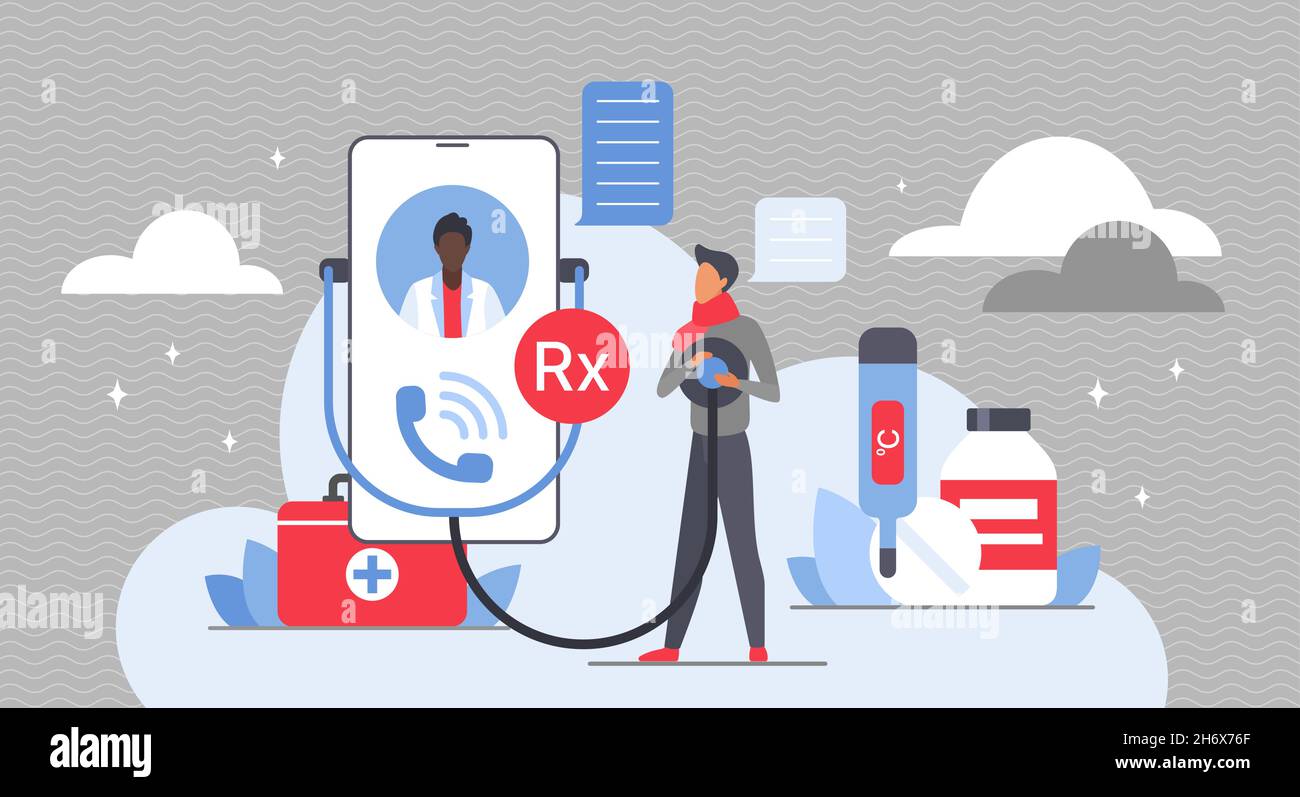How Subscription Based Healthcare is Transforming Patient Accessibility to Services
How Subscription Based Healthcare is Transforming Patient Accessibility to Services
Blog Article
Browsing the Future of Medication With Subscription-Based Healthcare Provider
As the health care sector develops, subscription-based solutions become a pivotal design promising to improve patient treatment shipment. With the potential to offer streamlined, cost-effective solutions with predictable rates and customized focus, these services stand at the forefront of modern-day medical advancement. As we consider their increase, one must consider the implications of integrating such systems into existing health care structures. What obstacles do they present in terms of data protection and fair accessibility, and how might they redefine the patient-provider partnership? The response to these inquiries could basically modify our technique to medical care.
Increase of Subscription Medical Care
As healthcare systems around the globe face enhancing stress from increasing expenses and demand for solutions, the arrival of subscription-based healthcare designs has become a transformative fad. This cutting-edge technique is interrupting conventional health care shipment by offering a predictable, flat-rate settlement framework for clinical solutions. Rooted in the concepts of attendant medicine, subscription-based health care permits companies to concentrate on customized individual care while at the same time handling functional efficiencies.
The increase of this model can be credited to numerous variables. Technical developments have actually made it possible for more seamless combination of treatment via telehealth and electronic health records, assisting in the scalability of membership solutions. Additionally, the raising customer need for openness and predictability in healthcare costs has driven the change in the direction of this design. Subscription-based services commonly supply direct accessibility to medical care experts, which can minimize the administrative burdens related to insurance cases and reimbursements (subscription based healthcare).
This model is obtaining traction among diverse medical care carriers, from health care medical professionals to specialized facilities, by straightening monetary incentives with continuous and preventative care. By moving the emphasis from volume to value-based care, membership medical care has the potential to improve the landscape, promoting a more patient-centered and lasting method to wellness management.
Benefits for People

Additionally, subscription-based services usually stress preventative care, encouraging regular examinations and wellness screenings. This aggressive method can bring about early detection of health and wellness concerns, potentially enhancing results and reducing lasting healthcare prices for people. Such designs generally provide clear prices, allowing patients to better comprehend their healthcare expenses and prevent unforeseen clinical bills.
The personalized nature of subscription-based healthcare also boosts person experience. People can receive tailored health care plans that match their certain requirements, promoting a more patient-centric method.
Technology's Function in Makeover

Artificial knowledge (AI) plays a crucial role in anticipating analytics, assisting in early diagnosis and customized treatment plans. AI algorithms assess large datasets to identify patterns that could be neglected by human observation, therefore enhancing scientific i thought about this decision-making. Additionally, digital health records (EHRs) enhance person information management, making certain connection and comprehensibility of care across different solutions and suppliers.
Blockchain modern technology improves data security and privacy, essential for keeping individual rely on electronic systems. It makes it possible for secure and transparent transactions of medical information, making sure that delicate details remains secured. With the combination of artificial intelligence and AI, blockchain can automate intricate medical care processes, reducing administrative burdens.
Difficulties and Factors To Consider
While modern technology moves the capacities of subscription-based health care solutions, it also introduces a set of difficulties and considerations that should be dealt with to make certain successful application. One considerable challenge is the equitable ease of access of these solutions.
Information personal privacy and protection represent another vital consideration. Subscription-based services typically involve the collection and storage of large quantities of personal health information. Suppliers have to abide by rigorous data security guidelines to maintain individual trust and protect against unapproved access, which might bring about significant moral and legal repercussions.
As health care needs evolve, preserving an economical equilibrium between subscription fees and service quality is important to protect against client dissatisfaction and attrition. Addressing these obstacles is vital as subscription-based medical care solutions continue to progress and expand.
Future Ramifications for Medicine
Subscription-based healthcare services are positioned to dramatically influence the future landscape of medicine by improving how treatment is accessed and supplied. These models supply the possible to equalize health care gain access to, supplying people with even more personalized and prompt treatments. By leveraging innovation, such as telemedicine and information analytics, membership services can help with continuous surveillance and customized health administration, therefore improving end results and minimizing the worry on typical medical care systems.
As these solutions gain traction, they could stimulate a shift towards preventative you can find out more care, highlighting the value of very early discovery and monitoring of persistent conditions. This proactive approach may inevitably lower medical care prices by alleviating the requirement for expensive therapies occurring from late-stage disease monitoring. Moreover, membership models supply a scalable option to attend to disparities in health care accessibility, particularly in underserved or rural populaces.
Nevertheless, the change towards subscription-based versions requires resolving honest and governing considerations, consisting of information privacy and fair access. As the market advances, collective initiatives in between policymakers, innovation programmers, and healthcare providers will be critical to establishing robust structures that safeguard client passions while cultivating development. Eventually, these solutions promise to contribute substantially to an extra efficient, patient-centered health care environment.

Final Thought
Subscription-based healthcare solutions stand for a considerable advancement in the medical field, supplying predictable expenses and individualized care that improve access and prioritize precautionary actions. Technological developments, such as telemedicine and AI-driven analytics, promote tailored client experiences, enhancing total health outcomes. Obstacles such as information personal privacy and equitable access should be dealt with to make sure the prevalent advantages of these solutions. As the medical care landscape evolves, subscription models are poised to play an important function fit the future of medicine.
As the medical care market progresses, subscription-based services emerge as a crucial version guaranteeing to reshape client care distribution.As health care systems around the world face increasing stress from climbing expenses and demand for solutions, the development of subscription-based health care models has actually emerged as a transformative trend (subscription based healthcare).With the surge of subscription-based health care models improving standard healthcare Look At This distribution, individuals are beginning to experience substantial advantages from this innovative strategy. As health care needs progress, preserving a cost-effective equilibrium between registration charges and service top quality is important to prevent person discontentment and attrition.Subscription-based healthcare solutions are positioned to substantially influence the future landscape of medication by reshaping just how care is accessed and supplied
Report this page